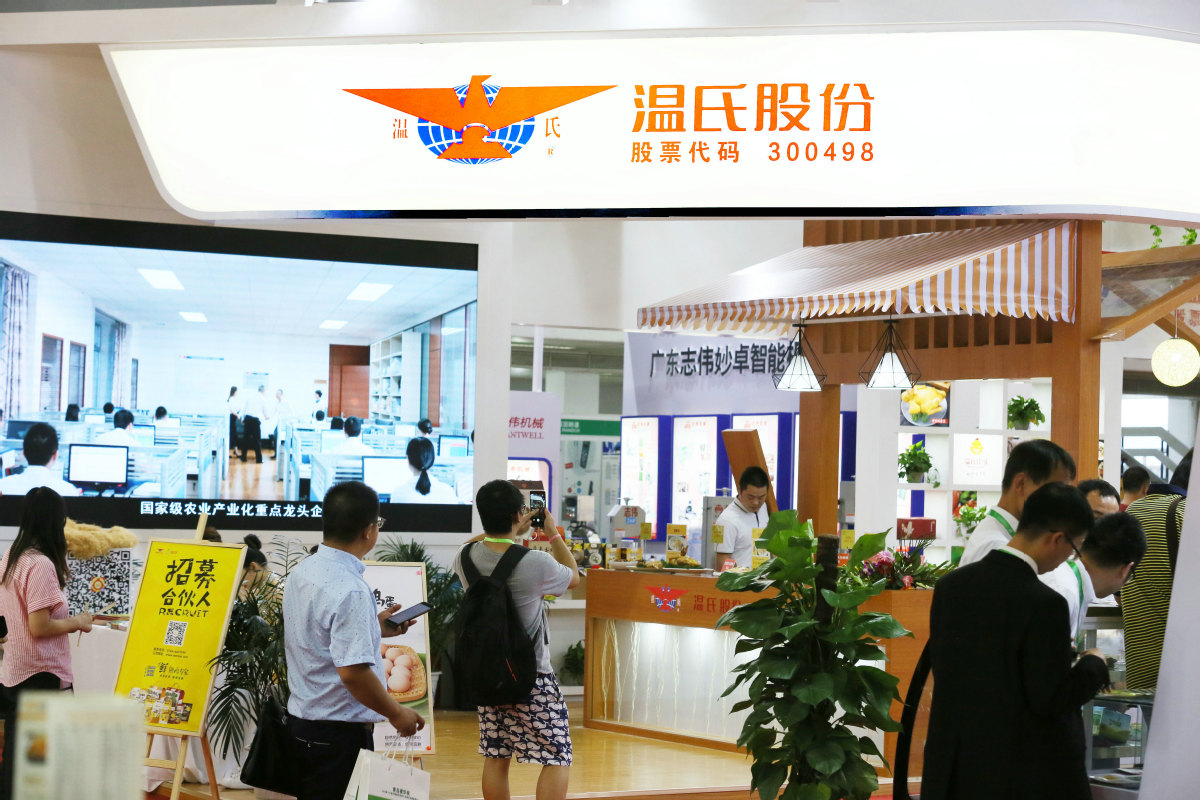Swine fever reshaping pig farming
By Wu Yong in Shenyang | China Daily | Updated: 2019-05-28 09:29

Besides fragile SMEs, the shortage of vaccines, the huge market size and frequent pig transportation also cause problems for the pig raising industry.
A crisis can often present an opportunity to speed up an industry's restructuring.
In 2009, farmers using clenbuterol hydrochloride (lean meat powder) poisoned dozens of consumers in Guangzhou, Guangdong province. The highly toxic powder can improve lean meat output and save feed costs, but poses a threat to human health.
This accident initiated the country's efforts to upgrade the pig breeding industry. The output of large-scale farms with more than 10,000 pigs has kept increasing, while the number of pig farms with fewer than 500 pigs has declined in the past decade.
The Guangdong-based Wens Foodstuffs Group, China's largest pig breeder, sold 22.3 million pigs last year, a 17.10 percent increase year-on-year.
Wen Zhifen, chairman of Wens, disclosed that his long-term target is 50 million head per year, accounting for 10 percent of the nation's market share.
Unlike SMEs' panicky escape during the ASF crisis, pig industry giants are raising the stakes.
"It is the quiet pigs that eat the meal. China's pig industry investment is undergoing significant changes. New players from feed giants like Wellhope are very active along with the traditional pig industry companies like Wens and Muyuan (Foods Co Ltd)," said Xie Zhiyou, animal husbandry and fishery industry analyst at Galaxy Securities.
Feed accounts for almost 70 percent of the cost of pig farming. Feed taxes are as high as 25 percent, but both pig breeding and processing industries are tax-free in China. The integration can help increasing output and control costs, explained Xie.
"The breeding and food market has huge potential as China has a population of almost 1.4 billion and steady economic growth. We have invested big in pig and broiler farming for years," Qiu said.
Besides Wellhope, Wens and Muyuan have spent billions of yuan constructing new pig farms in recent years.
Experts predict that the top 10 companies will triple their market share from 7 percent to 20 percent in five years and modern pig farming will finally become mainstream in China.
























